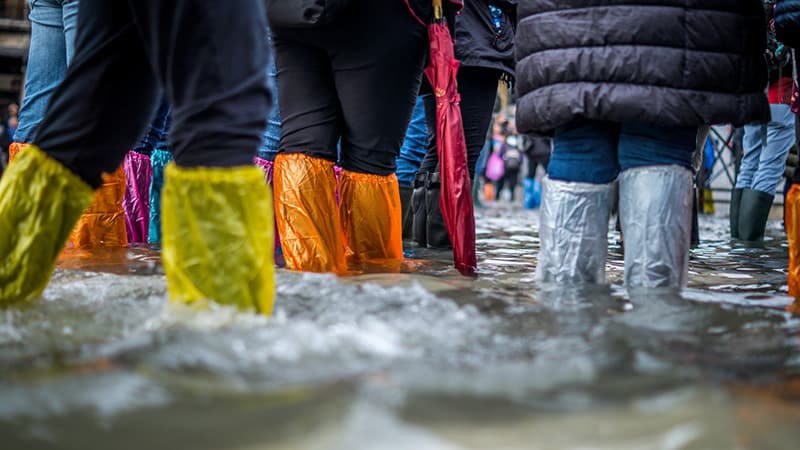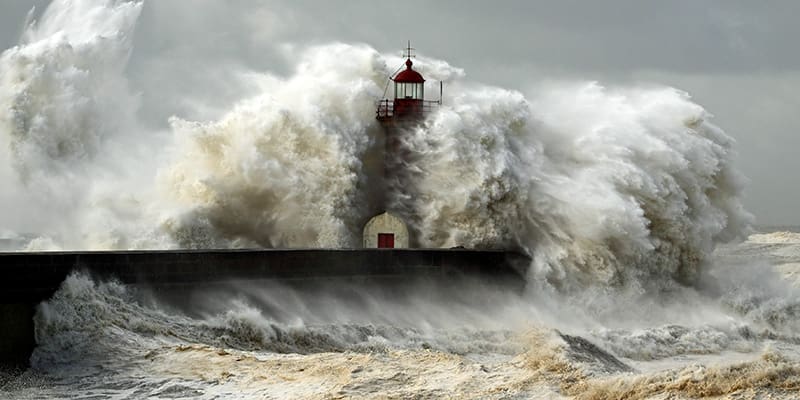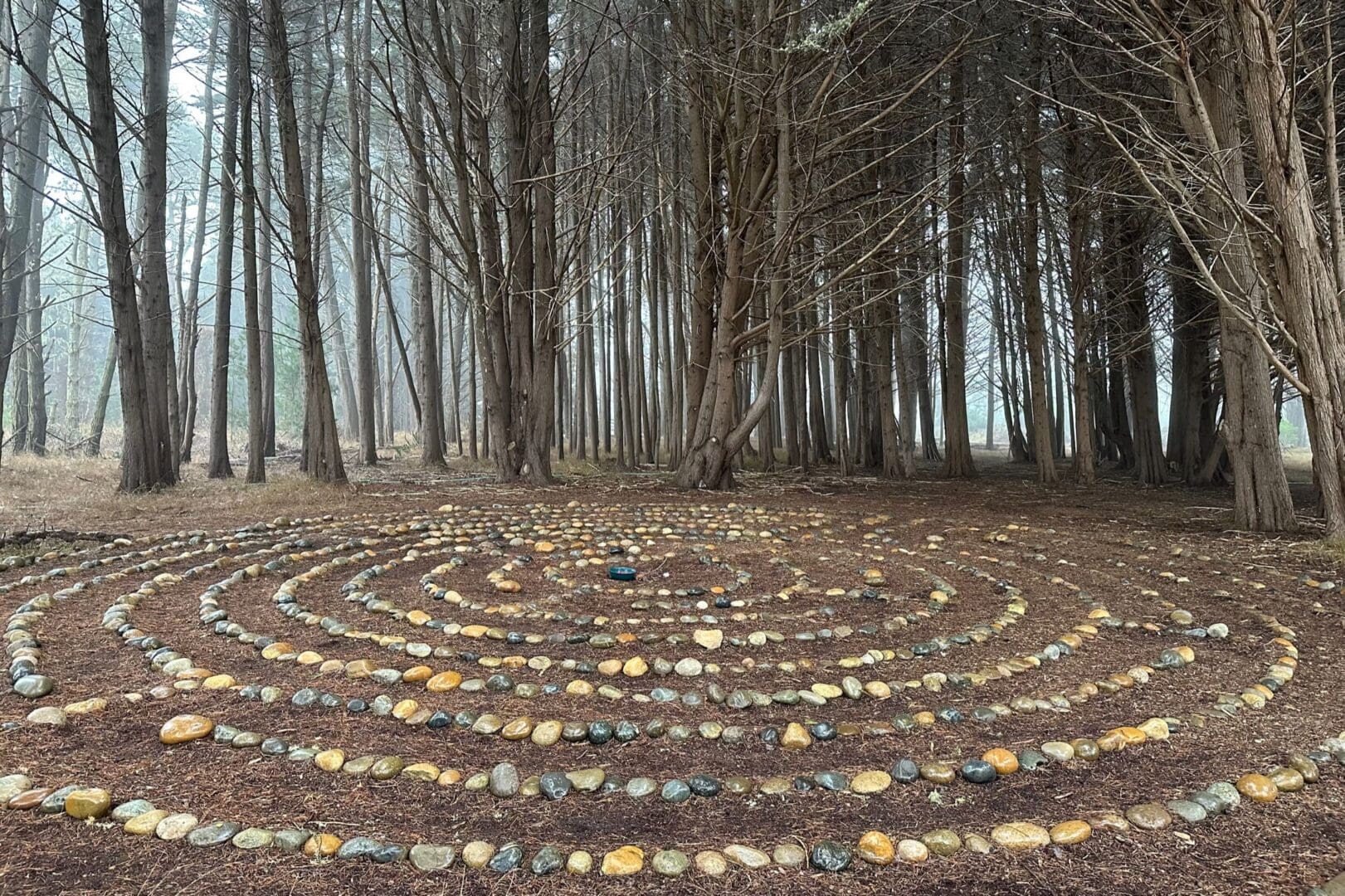Dear New School Friends,
Call the world, if you please, “the Vale of Soul Making,” [wrote the poet John Keats to a friend.] Then you will understand the use of the world.
I hope this finds you as well as you can be in troubled times. Truth is, times have been troubled for many people around the world for centuries, even millennia. So troubled times are not new. What hasn’t happened before any time recently is that the troubles are landing on the doorsteps of people who have enjoyed some measure of peace and security—however tenuous that peace and security may have been.
A great sadness is settling on the world. New York Times columnist David Brooks, a centrist Republican who writes thoughtful essays, put it this way:
The negativity in the culture reflects the negativity in real life. The General Social Survey asks people to rate their happiness levels. Between 1990 and 2018 the share of Americans who put themselves in the lowest happiness category increased by more than 50 percent. And that was before the pandemic.
The really bad news is abroad. Each year Gallup surveys roughly 150,000 people in over 140 countries about their emotional lives. Experiences of negative emotions—related to stress, sadness, anger, worry and physical pain—hit a record high last year.
Gallup asks people in this survey to rate their lives on a scale from zero to 10, with zero meaning you’re living your worst possible life and 10 meaning you’re living your best. Sixteen years ago, only 1.6 percent of people worldwide rated their life as a zero. As of last year, the share of people reporting the worst possible lives has more than quadrupled. The unhappiest people are even unhappier. In 2006, the bottom fifth of the population gave themselves an average score of 2.5. Fifteen years later, that average score in the bottom quintile had dropped to 1.2.
****
Given the reality of the global polycrisis, which we have been writing to you about for more than four years, it shouldn’t come as any great surprise that a veil of sorrow is descending. In our circles, people usually speak of this as “eco-grief,” but that is far too narrow a description. Billions of people who don’t have the space to think much about ecology are simply suffering from widely different effects of the polycrisis.
Climate, COVID and conflicts-without-end are the headline issues. But there are dozens more—environmental, social, technological and financial/economic. “Poly-grief” would be more descriptive. Just a profound general sorrow at what humans are doing to this beautiful planet we have been given.
****
There is a way. There is a way beyond endless grief, sorrow, and despair. It is not an easy way. But the truth remains that even in the most desperate circumstances, some people find ways to make meaning in their lives that goes beyond even the most dreadful personal and communal sorrows.
We just completed our 216th week-long Commonweal Cancer Help Program. This was our 37th anniversary retreat. Eight people came together from across the country. All of them dealing with cancers, many life-threatening. I have spent 216 weeks of my life in these retreats. Those who come have been my greatest teachers.
When we ask on their intake forms what are the three greatest stressors in their lives, many now list the state of the world as one of them—even though they personally are facing life-threatening illnesses. And yet by the end of the week, every single one of the participants had found some measure of relief from their suffering—sometimes a transformative measure of change.
Don’t forget all the vast catastrophes that have visited humanity throughout the ages. The Black Plague, the 1916 flu pandemic, all the great wars and lasting oppressions. Maimonides said it was not permitted to count the days till the coming of the Messiah. Early Christians likewise thought they lived in End Times. So our sense that our times are uniquely troubling, while based on irrefutable science and real trends, are not unique in the widespread “felt sense” that the world was ending.
And in fact we know the world won’t end. We might, but actually that is unlikely any time soon. We are simply living in a time of immense, profound global suffering and sorrow.
We can’t escape the polycrisis—it is far too complex. But we can if we so choose do everything in our power to make things better. At least for those we love, and better still for those whose lives we have the power to touch. The latter circle is actually a surprisingly wide one. There are so many ways that a word, a smile, a small gesture, can change someone’s day—and sometimes someone’s life.
One of the great teachings of the 40 years I have spent immersed in cancer work is that “a wound is not only a wound, it is an opening.” As Dame Edith Sittwell said of William Blake, “he was cracked, but it was through the crack that the light flowed.” Each of us is cracked by our lives, our humanity, and our sorrows. We each have the capacity to transform our wounds into openings.
We also know that whole civilizations can change fundamentally with great wounds—though not always for the better. We happen to be living at the edge of great political events in the United States and around the world, integral expressions of the polycrisis. And while Europe and the United States are trending rightward, and Russia and China are trending authoritarian as well, let us not ignore the fact that Larin America is trending decisively progressive. The great struggle to achieve a more just and sustainable world is far from over.
The antidote to despair is action. To act on behalf of what we believe to be the right. The antidote to hatred is compassion. The antidote to selfishness is service to others. These are ancient teachings.
So we can dream of a better world, fight for a better world, and live our way into a better world wherever we find ourselves. We can be part of the invisible community of friends of evolution, friends of life, friends of compassion that exists in every country and every community on earth.
That’s what we are about at The New School. We offer a creative space to explore nature, culture, and the inner life. If The New School touches your life, we truly hope you will contribute what you can to keeping us on the air and on the ground with virtual and actual gatherings and events that touch lives around the world.
Please join us as part of the invisible network around the world of friends of compassion. You can contribute right here—either a one time gift or an ongoing monthly gift you can afford.
With deepest gratitude,
Michael




